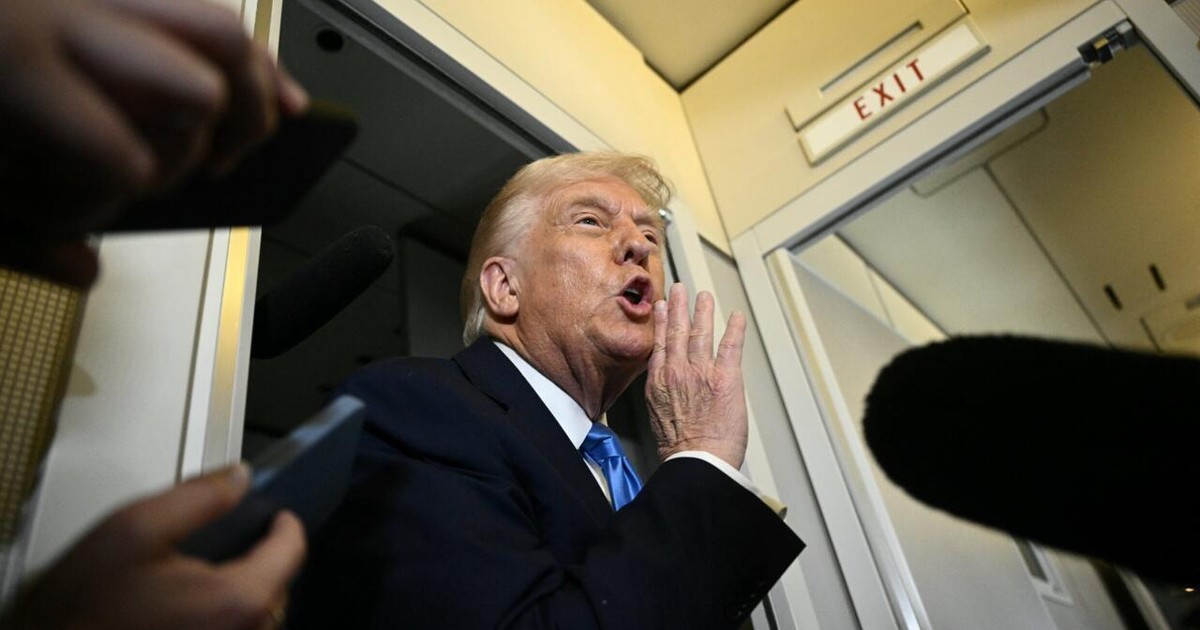Reports on Monday indicated that Nigeria’s dollar bonds fell sharply after US President Donald Trump threatened military action against the West African country for the government’s failure to stop what the United States has identified as a Christian genocide.
“The Nigerian naira appreciated during the week, buoyed by improved foreign currency supply from foreign portfolio investors who sold USD positions, boosting market liquidity and easing demand pressures,” said AIICO Capital, a financial services company in the West African country.
Unfortunately for the West African oil giants, this gain has been reversed as a result of the same debacle that triggered the fall of Nigeria’s dollar bonds.
The country’s currency, the Nigerian Naira, closed at N1,436.34 per dollar on Monday, underscoring a one-day loss of N14.61, or a 1.03% decline.
Additionally, the Naira also dipped to N1,455/$ on the parallel market, indicating heightened anxiety among investors and pressure on demand for foreign exchange, as reported by The Punch.
Selloffs at Aradel Holdings (-9.21 percent) and Access Corporation (-3.07 percent) primarily contributed to the decline, with 38 equities falling and 19 rising.
Union Dicon was the biggest beneficiary, scoring a +9.93% gain. Honeywell Flour Mills, on the other hand, suffered the most significant setback with a -10.00% dip.
The total volume and value traded fell 87.94% and 44.64%, respectively, to 627.5 million units worth N25 billion, indicating a significant slowdown in trading activity.
With 136.8 million units (21.8 percent of the total volume) and N5.5 billion (22.2 percent of the total value), United Bank for Africa controlled the session.
Donald Trump’s recent message to Nigeria
The President of the United States, Donald Trump, has ignited diplomatic tension after threatening possible military action against Nigeria over what the U.S termed a Christian genocide.
“If the Nigerian Government continues to allow the killing of Christians, the U.S.A. will immediately stop all aid and assistance to Nigeria, and may very well go into that now disgraced country, ‘guns-a-blazing,’ to completely wipe out the Islamic Terrorists who are committing these horrible atrocities,” Trump posted on social media.
“I am hereby instructing our Department of War to prepare for possible action. If we attack, it will be fast, vicious, and sweet, just like the terrorist thugs attack our CHERISHED Christians!”
His comments, which included suggestions of potential airstrikes or troop deployment, have drawn sharp criticism both in Nigeria and internationally.
The Nigerian government swiftly dismissed the allegations, emphasizing that violence in parts of the country stems from terrorism, banditry, and communal clashes that affect citizens of all faiths.
Nigeria’s President, Bola Tinubu, rejected Trump’s comments, calling them a misrepresentation of Nigeria’s “consistent and sincere efforts to safeguard freedom of religion and belief for all Nigerians.”
Some Nigerian officials described Trump’s remarks as reckless and provocative, warning that such statements could inflame tensions and distort the complex nature of Nigeria’s security crisis.
They reiterated that Nigeria welcomes international cooperation, but only on terms that respect its sovereignty and territorial integrity.

